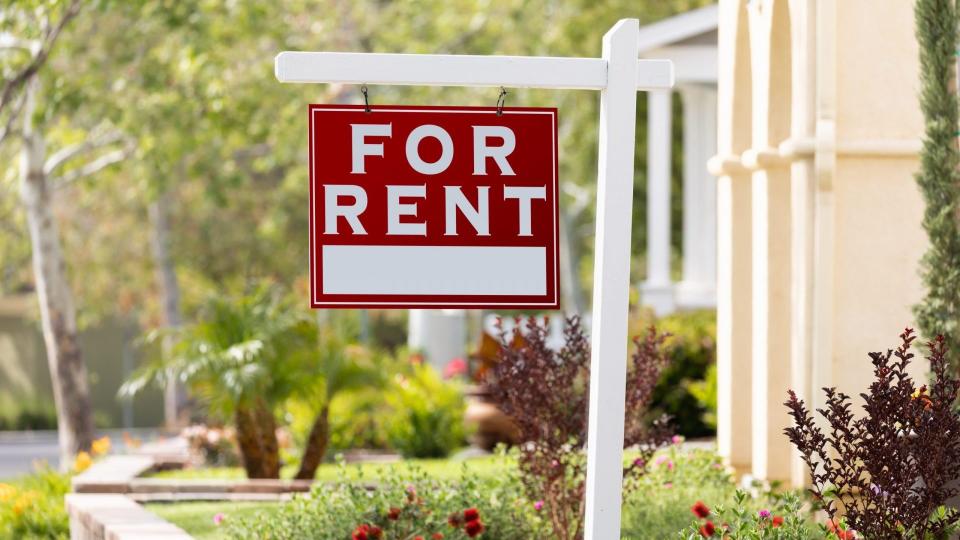2023 Housing Market Correction: Rental Prices Hit Record High

Like just about everything else, rental prices in the United States have been on a steep rise in recent months, averaging a record high of $1,792 a month in February, according to Realtor.com. Many tenants are having a hard enough time making ends meet without having to dish out a higher rent payment every month.
See: 2022 Financial Forecast for Renters — Will Rents Go Down Anytime Soon?
Find: Rent Jumped 17% in a Year, Reaches New High — Here’s Where You’ll Pay the Most
If you find yourself in danger of falling behind on the rent, several resources are available that can help you cover some of the extra costs, or at least list various options so you can figure out a Plan B. Here’s a quick look at some of them.
Emergency Rental Assistance Program
The U.S. Treasury Department’s Emergency Rental Assistance Program was established in 2020 to provide financial help to struggling renters impacted by the COVID-19 pandemic. Funds were distributed directly to states and U.S. territories, which then provide rental assistance to eligible tenants. You will need to contact your state agency to see if you qualify. Just be aware that some states have already used up all of their funds.
See: Is Rent-To-Buy the Next Hot Market? Wall Street Thinks So
HUD Rental Assistance
The U.S. Department of Housing and Urban Development’s Rental Assistance program offers numerous resources to find affordable apartments, apply for public housing, enroll in the Section 8 voucher program, learn more about options in your area and familiarize yourself with your rights as a tenant.
The Housing Choice Voucher Program is set up to help low-income families, the elderly and the disabled afford housing in the private market by paying all or part of the rent. Housing assistance is provided on behalf of the family or individual, so participants are able to find their own housing — including single-family homes, townhouses and apartments.
Similarly, the public housing program helps low-income, elderly and disabled tenants find affordable apartments in their area. You can apply by clicking here to contact a public housing agency in your state.
Explore: Affordable Housing –– Rent Control Laws Are Back in These States
A housing subsidy is paid to the landlord directly by the PHA on behalf of the participating family. The family then pays the difference between the actual rent charged by the landlord and the amount subsidized by the program.
HUD also lets you search for affordable housing in the Low Income Housing Tax Credits database, which lists properties that have benefited by the credit. You can find the database here.
If you need advice, contact a HUD-approved housing counseling agency here, or call toll-free at 800-569-4287.
Find: Renting on Your Own for the First Time? Here’s Your Financial Checklist
Consumer Financial Protection Bureau
The Consumer Financial Protection Bureau is another federal agency set up to help with housing costs. It works in partnership with state and local organizations to distribute money to help landlords and tenants struggling to keep up with rent and other bills. Many programs take applications from both landlords and renters. Learn more here, or browse frequently asked questions about eligibility and other topics here.
For additional information, contact your local protection bureau agency.
More From GOBankingRates
This article originally appeared on GOBankingRates.com: 2023 Housing Market Correction: Rental Prices Hit Record High
